Swiss electricity data reaches government with major delays

The Swiss government lacks up-to-date information on national electricity production and consumption, according to the Swiss Federal Office of Energy. This is due to the lack of digitalisation of the electricity companies. The lack of information was a focal point of Sunday news report amid rising concerns over an energy crunch in Europe as Russia’s war in Ukraine drags on.
Electricity consumption data reaches the government with a delay of several months, with the latest concrete figures available corresponding to May; in addition to an extrapolation for June, according to the Swiss Federal Office of Energy. The inability to measure the effectiveness of electricity-saving efforts in real time hampers government decision-making.
To prevent an electricity shortage, Switzerland is pursuing a strategy that puts the onus on the population and the economy to voluntarily reduce consumption. If that approach fails, quotas may be introduced. But data illustrating the effectiveness of current electricity saving measures will only be available from December. The government needs current figures to conclude whether the savings efforts are sufficient or whether additional restrictions, bans or “in the worst case” even quotas are needed.
Savings potential
The same office also reports a strong potential for short-term savings on a grand scale that could help avert the energy crisis. Private households, companies and communities could save around 25 to 40% of the electricity consumed today by 2030, without any loss of comfort just through technical adjustments. That’s because many houses and apartments have outdated household appliances, heaters, boilers, and heat pumps that consume more electricity than the latest generation of appliances.
Even greater amounts of electricity are wasted in industrial and service companies because they do not replace old lamps, electric motors, pumps, fans and refrigeration systems. About 14 to 23 terawatt hours per year could be saved if all technical means were exploited, according to the same source. The four Swiss nuclear power plants together supply a good 20 terawatt hours of electricity per year.
Separately, in an interview with Tamedia newspapers, the cantonal energy directors has called for a power shortage situation to be declared in Switzerland.
+ Swiss population urged to save energy
Need to prepare
“The Federal Council should actually declare a power shortage situation now,” said Roberto Schmidt. He sees this as the best way to impose relatively painless precautionary savings measures, such as turning off shop window lighting. Without taking this step, the government lacks the authority to demand such measures, he notes in an interview on Saturday. Schmidt also said the government lacked a clear crisis plan in the event of a power shortage.
“As president of the Conference of Energy Directors, I don’t know of one,” Schmidt said. In the case of gas, he said, draft regulations are available, but not in the case of electricity, which is “much more complex.” The issue, he said, is what would be shut down first and how life-sustaining infrastructure would be maintained.
He also expressed concern over the fallout of unexpected shutdowns. The issue, he said, is how the public reacts when the Internet and cellular service are down, how government communications work – and how break-ins and looting can be prevented. “But we don’t hear anything about this from the federal level,” Schmidt said, calling for the creation of a crisis team to facilitate coordination between the government and the country’s 26 cantons.
“Unlike Corona, this is a crisis that can be planned for,” he stressed. “We need to plan for it.”
Serious situation
The idea of declaring a power emergency has received a lukewarm response from Swiss business and trade associations. Despite sharing the same concerns, they prefer voluntary measures to binding decisions by the federal government.
“Swissmem is also concerned that the Federal Council has not recognized the seriousness of the situation – how bad the consequences of quotas and shutdowns in electricity and gas would be,” Stefan Brupbacher, director of the Association of the Swiss Mechanical, Electrical and Metal Industries (Swissmem) told Swiss public broadcaster SRF.
The government plans to examine concrete and binding measures to save electricity in the coming weeks.

In compliance with the JTI standards
More: SWI swissinfo.ch certified by the Journalism Trust Initiative









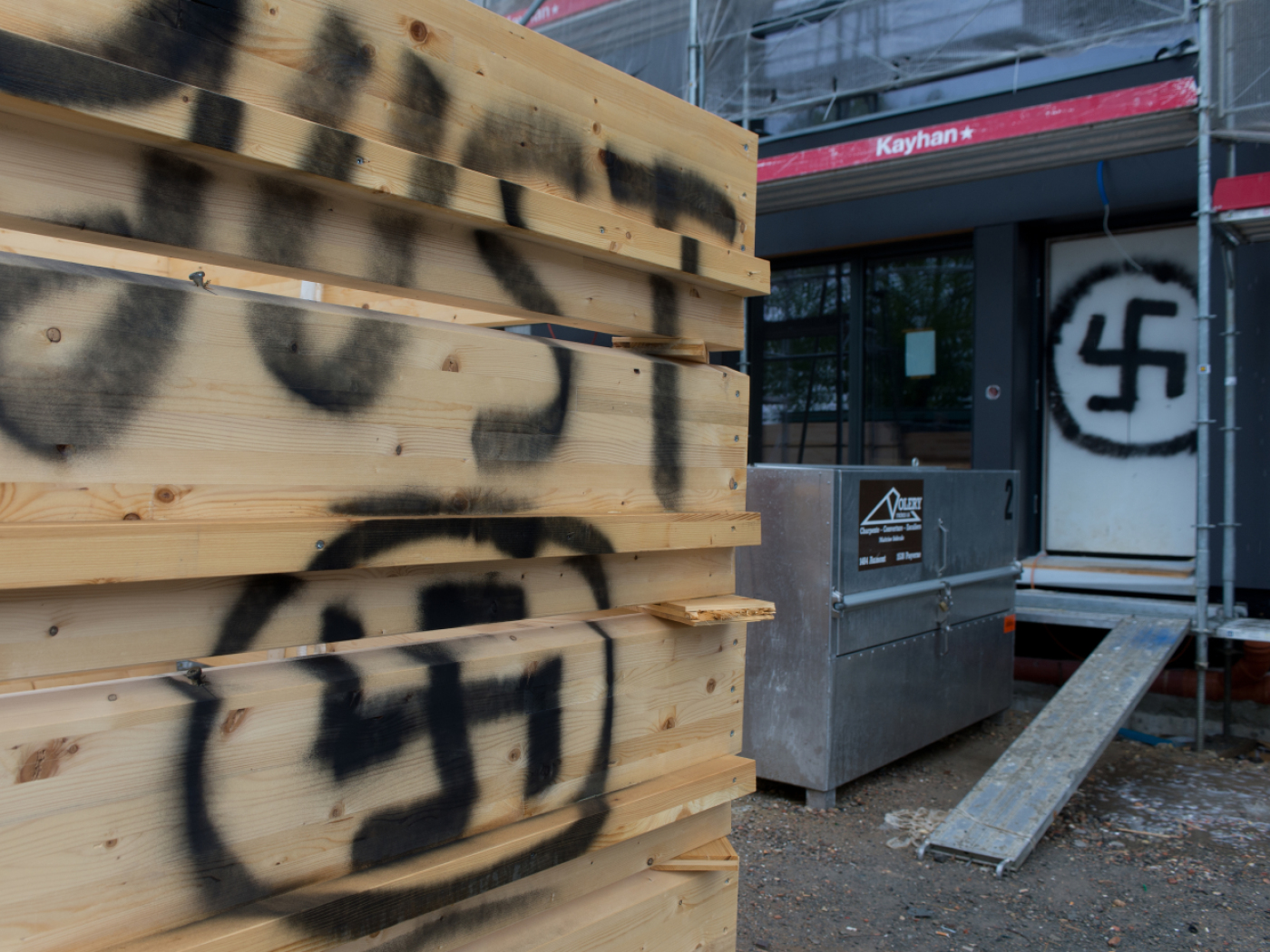

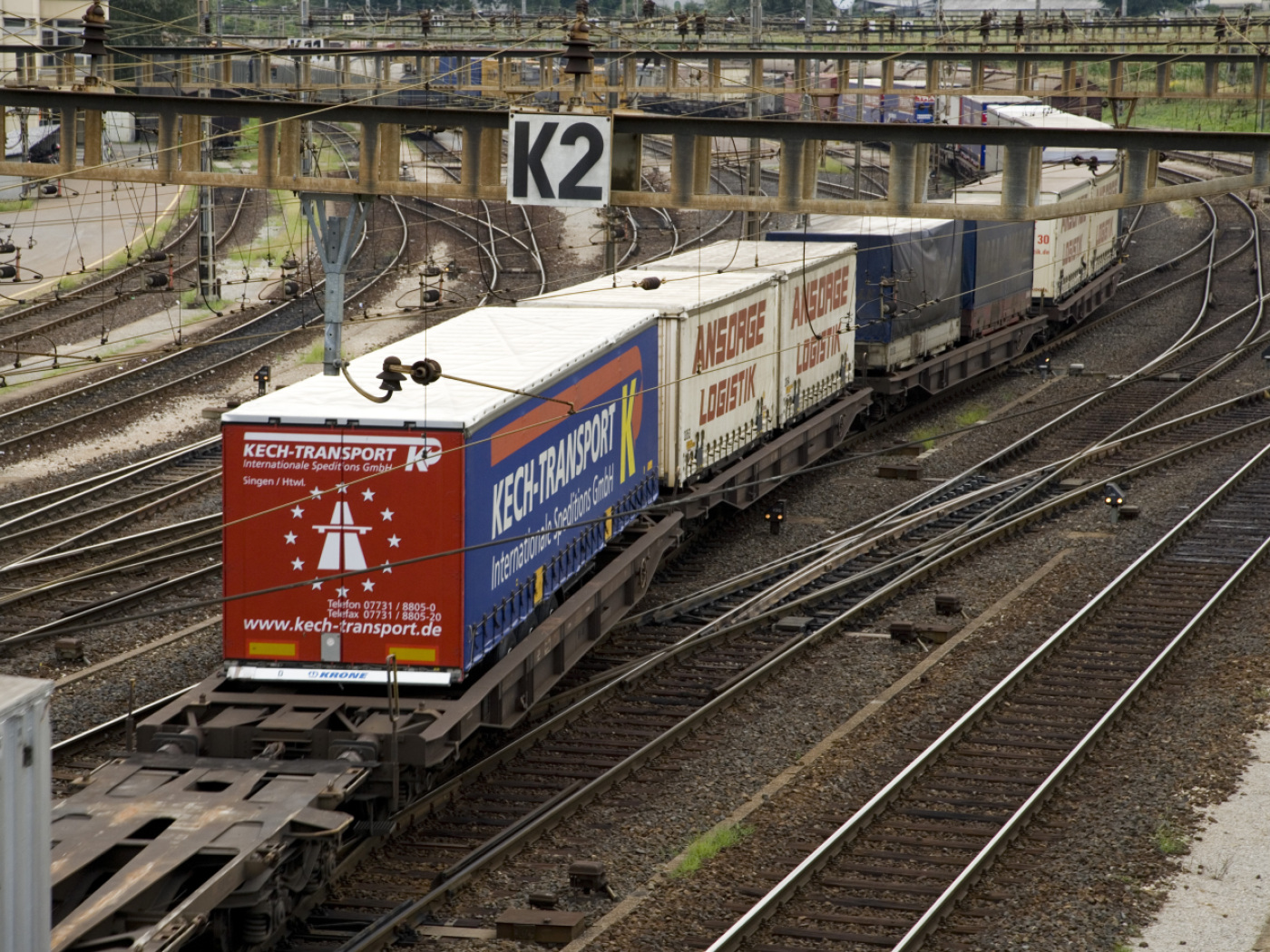


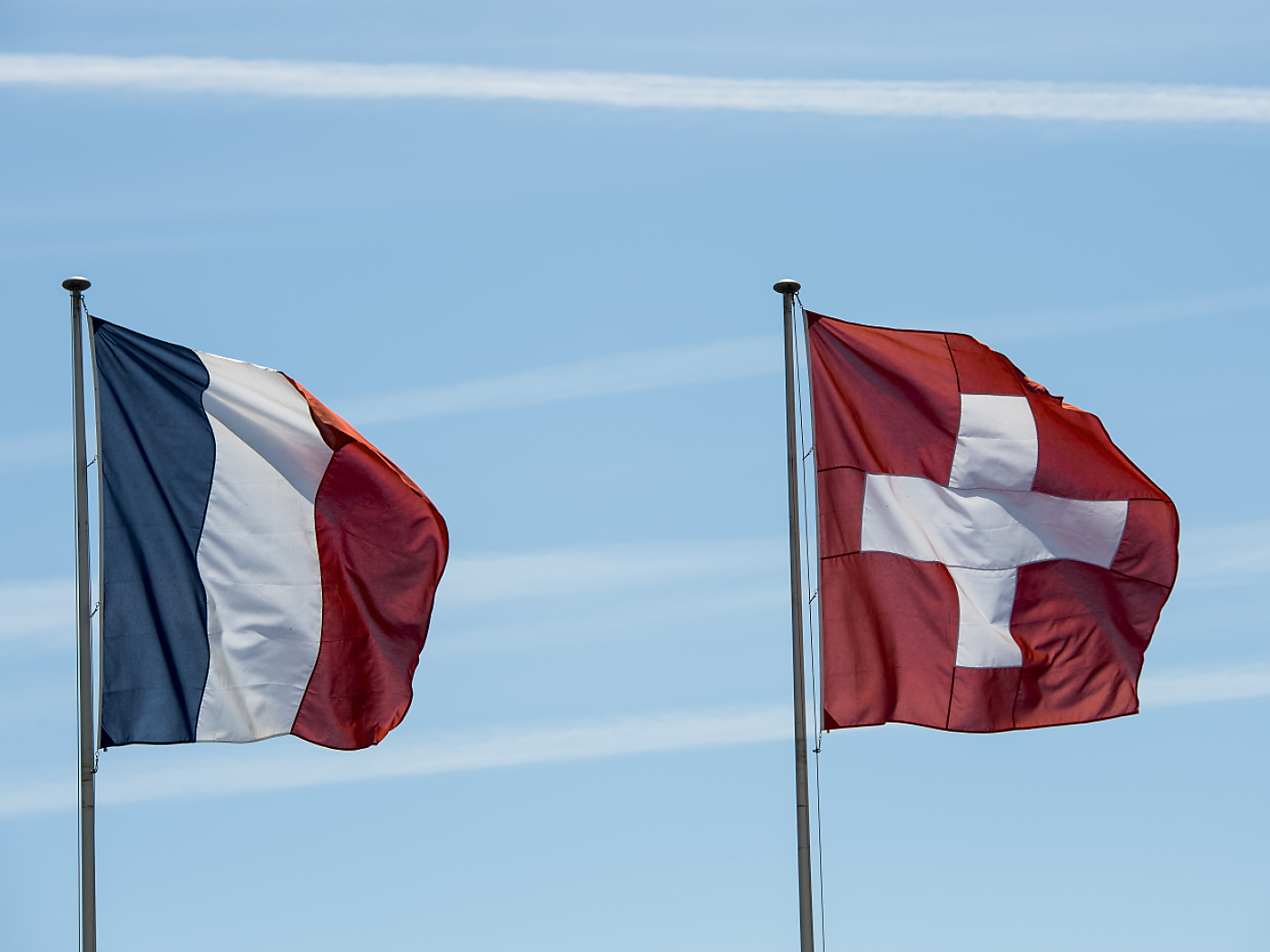


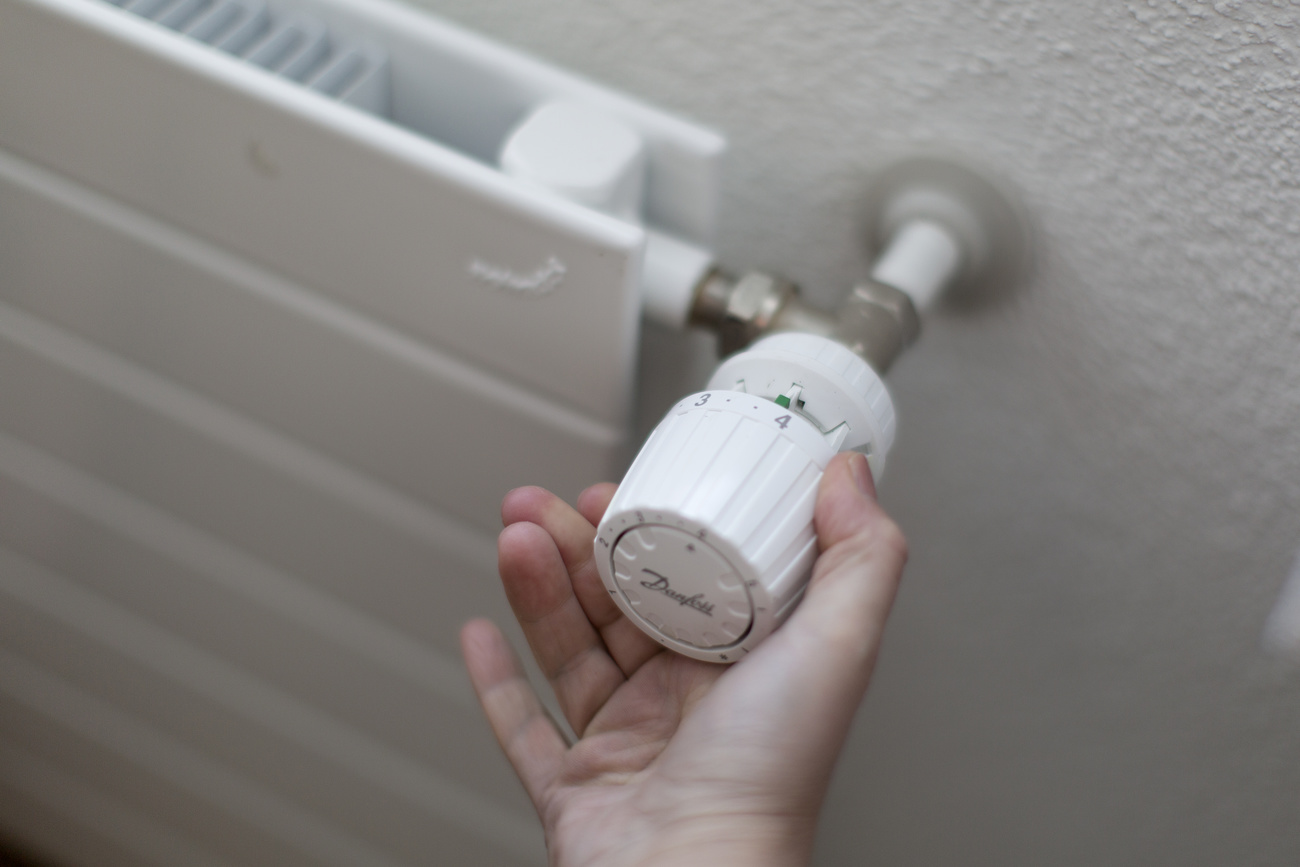
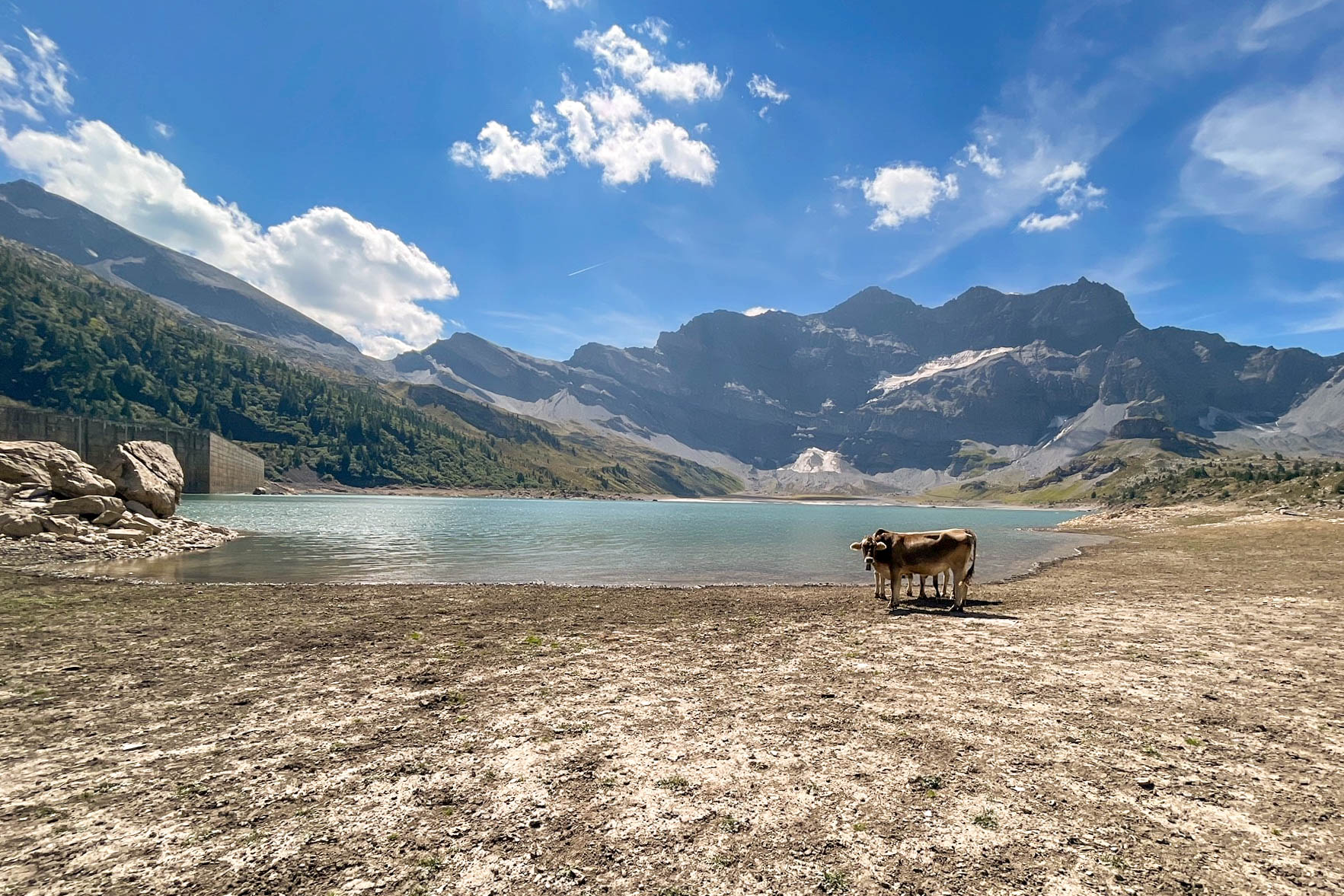

You can find an overview of ongoing debates with our journalists here . Please join us!
If you want to start a conversation about a topic raised in this article or want to report factual errors, email us at english@swissinfo.ch.